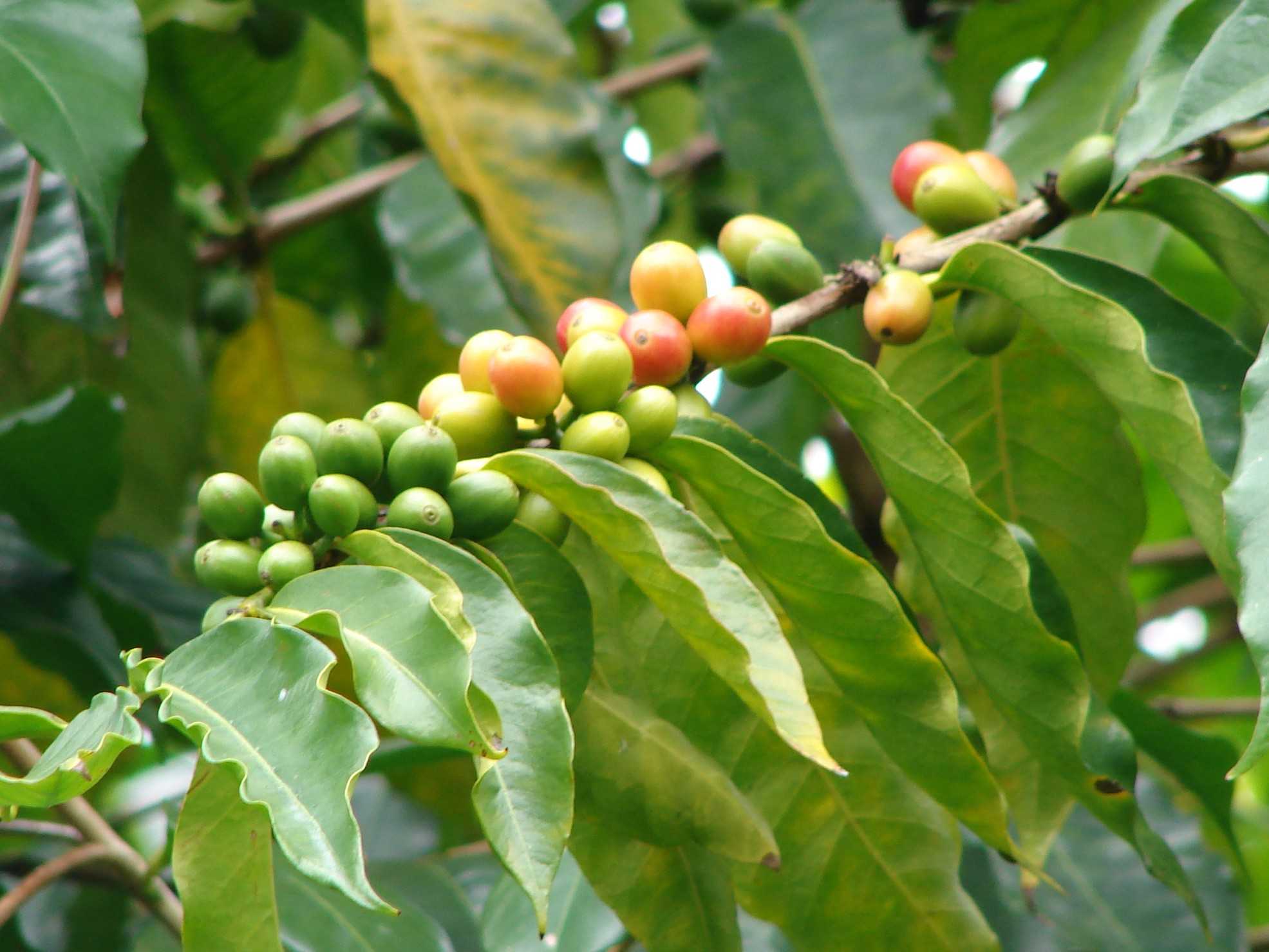MILAN – The increased temperatures and precipitation changes due to climate change will likely reduce coffee growth, flowering and fruiting, increase pest numbers and reduce both yield and cup quality for many coffee-growing regions.
Agroforestry systems (AFS) which cultivate coffee alongside trees are widespread in tropical Arabica coffee growing countries. As Arabica coffee is shade-tolerant, proper AFS management can be highly sustainable, affording stable incomes for smallholder farmers. Additionally, shaded coffee beans have more intensive acidic flavours and pleasant aromas.
Unfortunately, due to traditional coffee breeding, AFS farmers typically use Arabica varieties developed for intensive and full-sun farming systems, resulting in productivity reduced by 15–40 %.
The EU-supported Breedcafs project exploited variability in the Arabica species to select genotypes particularly well-adapted to shade, with the aim of devising new tree breeding methods.
“Unlike many species, when faced with elevated CO2 levels or heat and drought conditions, Arabica cultivars reinforce their photochemical capability, defence mechanisms and capacity to repair cells, a good surprise,” says Benoit Bertrand, project coordinator from the French Agricultural Research Centre for International Development (CIRAD), the project host.
The project found that some F1 hybrids and some wild Ethiopian coffees showed strong adaptability to shade, while maintaining high productivity. Arabica F1 hybrid cultivars are created by crossing American varieties with wild Ethiopian accessions.
Investigating genotypes
Breedcafs conducted experiments over 4 years, partnering in Vietnam with NOMAFSI, in Cameroon with Irad and in Nicaragua with FNF.
The team characterised coffee varieties under different stressors including high temperatures, drought, shade, etc. They also undertook studies in more controlled conditions, such as greenhouses and climate chambers at Copenhagen University, CIRAD in France and the University of Lisbon.
The project used transcriptome and metabolome testing to identify genes and biochemical pathways expressed in response to environmental cues to characterise, at the molecular level, variation between plant genotypes.
Transcriptomic work showed that temperature and light intensity alter circadian rhythms in F1 hybrids, seemingly as a key adaption to climate change.
Breedcafs found that F1 hybrids give higher yields under AFS conditions than conventional cultivars, along with higher cup quality. Moreover, F1 hybrid varieties are more resilient to abiotic stresses using a combined shaded system with appropriate nitrogen fertilisation and agroecological approaches to disease control.
“F1 hybrids offer better profitability to agroforestry systems. Breeding programmes can increase the incomes of smallholder farmers, while benefiting biodiversity and the coffee industry by offering a range of flavoursome coffees, with high resilience to climate change,” adds Bertrand.
Breedcafs: Developing agroforestry clusters
Breedcafs undertook on-farm assessments of over 100 farms in Central America, Vietnam and Cameroon. They found that continued use of conventional coffee varieties might threaten the entire sector, introducing sharp price rises, but that changing to new F1 hybrid varieties presents an economic risk for small producers.
Breedcafs has established local nurseries and micropropagation laboratories for F1 hybrids in Nicaragua and Vietnam. The team advocates the F1 hybrid ‘Starmaya’ – the only hybrid currently produced by seed using male sterility, as opposed to cloning – for propagating at scale and affordably for small farmers.
“Costing only EUR 2 to 3 million to supply seeds to producing countries, this is within the reach of industry,” notes Bertrand. “We also propose agroforestry clusters which enable direct trading between producers and roasters, with 100 % traceability of environmental standards.”










